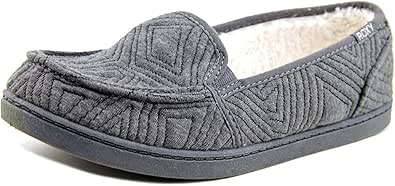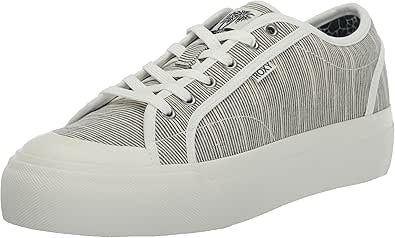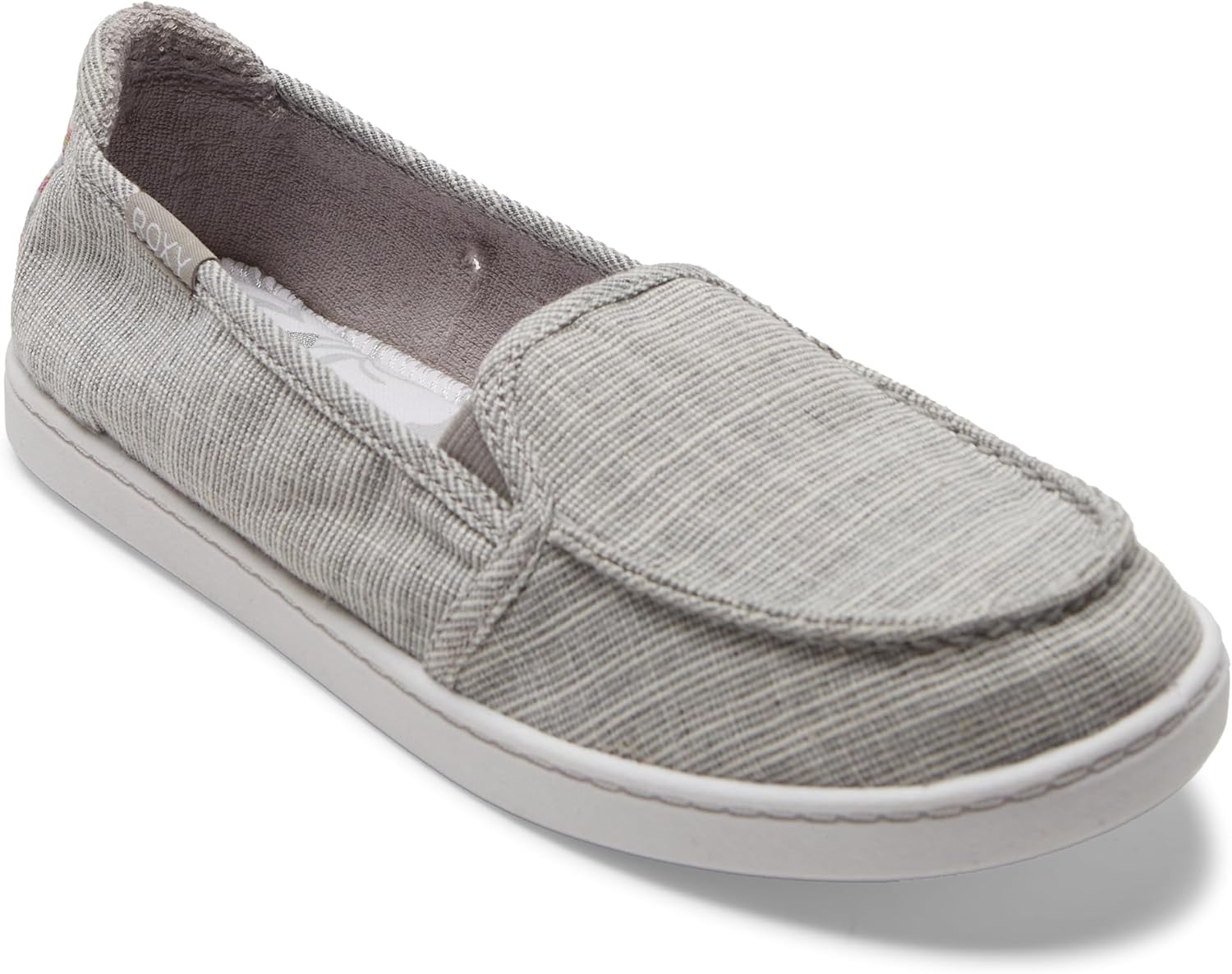Exploring the Sustainable Fashion Behind Roxy Loafer Shoes
In an era where environmental consciousness is becoming paramount, the fashion industry is undergoing a significant transformation. Among the brands leading this change is Roxy, known for its stylish and functional footwear. This article delves into the sustainable practices behind Roxy loafer shoes, highlighting the materials, production processes, and the brand’s commitment to eco-friendly fashion.
The Rise of Sustainable Fashion

Before we dive into the specifics of Roxy loafer shoes, it’s essential to understand the broader context of sustainable fashion.
- Environmental Impact: The fashion industry is one of the largest polluters globally, contributing to water pollution, excessive waste, and greenhouse gas emissions.
- Consumer Awareness: Today’s consumers are increasingly aware of the environmental and ethical implications of their purchases, driving brands to adopt sustainable practices.
- Regulatory Changes: Governments and organizations are implementing stricter regulations regarding waste management and resource conservation, pressuring brands to comply.
Roxy’s Commitment to Sustainability

Roxy, a brand deeply rooted in surf and skate culture, has recognized the need for sustainable practices and is committed to reducing its environmental footprint. Here are some key initiatives:
- Eco-Friendly Materials: Roxy utilizes sustainable materials in its products, including organic cotton, recycled polyester, and natural rubber.
- Responsible Manufacturing: The brand partners with factories that adhere to ethical labor practices and environmental standards.
- Community Engagement: Roxy actively participates in initiatives that support ocean conservation and women’s empowerment in coastal communities.
The Materials Behind Roxy Loafer Shoes

The sustainability of Roxy loafer shoes begins with the materials used in their construction. Here’s a closer look:
1. Organic Cotton
Roxy incorporates organic cotton into many of its designs, including loafers. This material is grown without harmful pesticides and fertilizers, which reduces soil and water pollution. By opting for organic cotton, Roxy not only supports sustainable farming practices but also enhances the quality and durability of its products.
2. Recycled Polyester
Recycled polyester, derived from post-consumer plastic bottles, is another key material in Roxy’s loafer production. This choice not only diverts plastic waste from landfills but also reduces the need for virgin polyester, which is energy-intensive to produce.
3. Natural Rubber
For the soles of their loafers, Roxy often uses natural rubber sourced from rubber trees. This biodegradable material reduces reliance on synthetic alternatives and minimizes environmental impact.
Ethical Manufacturing Processes

In addition to sustainable materials, Roxy is dedicated to ensuring that its manufacturing processes are both ethical and environmentally friendly. This commitment includes:
- Fair Labor Practices: Roxy collaborates with factories that provide fair wages, safe working conditions, and respect for workers’ rights.
- Reduced Water Usage: The company implements water-saving measures in its production processes, significantly decreasing the amount of water needed to create each pair of shoes.
- Waste Minimization: Roxy adopts a zero-waste philosophy, aiming to minimize waste generated during production through efficient cutting techniques and recycling scraps.
Case Study: The Impact of Roxy’s Sustainable Practices
An inspiring example of Roxy’s sustainable initiatives can be seen in its “Roxy Cares” program, which focuses on social and environmental responsibility. Through this program, Roxy has made substantial contributions to ocean conservation efforts and has partnered with organizations such as the Surfrider Foundation. This partnership aims to protect oceans and beaches worldwide, demonstrating Roxy’s commitment to environmental stewardship.
Statistics underscore the effectiveness of these initiatives:
- In 2020, Roxy reported a 30% reduction in its carbon footprint due to the adoption of sustainable practices.
- The use of recycled materials in production has increased by 40% over the past three years, showcasing the brand’s dedication to minimizing waste.
Consumer Choices: Why Sustainable Fashion Matters

As consumers become more informed about the impact of their purchases, the demand for sustainable fashion is on the rise. Roxy loafer shoes exemplify this trend, offering styles that are not only fashionable but also environmentally responsible. Here’s why consumers should consider sustainable footwear:
- Quality Over Quantity: Sustainable products are often made to last, reducing the need for frequent replacements and minimizing waste.
- Support for Ethical Practices: Purchasing sustainable items supports brands that prioritize ethical manufacturing and fair labor rights.
- Environmental Responsibility: Choosing sustainable fashion helps mitigate the fashion industry’s impact on the environment, contributing to a healthier planet.
Challenges in Sustainable Fashion

Despite the positive strides made by brands like Roxy, several challenges remain in the realm of sustainable fashion:
- Cost: Sustainable materials and ethical manufacturing processes can lead to higher production costs, resulting in higher prices for consumers.
- Consumer Awareness: Not all consumers are aware of the importance of sustainability in fashion, which can hinder the growth of eco-friendly brands.
- Supply Chain Complexity: Ensuring sustainability throughout the entire supply chain can be challenging, as brands must collaborate with multiple partners.
Conclusion: A Step Toward a Sustainable Future
The journey toward sustainable fashion is ongoing, and Roxy’s commitment to eco-friendly practices is a commendable step in the right direction. By focusing on sustainable materials, ethical manufacturing, and community engagement, Roxy loafer shoes not only offer style and comfort but also contribute positively to the environment.
As consumers, the choices we make play a crucial role in shaping the future of fashion. By supporting brands like Roxy, we can advocate for sustainability and help drive the industry toward a more responsible and environmentally friendly future. The time to embrace sustainable fashion is now—together, we can make a difference, one step at a time.


